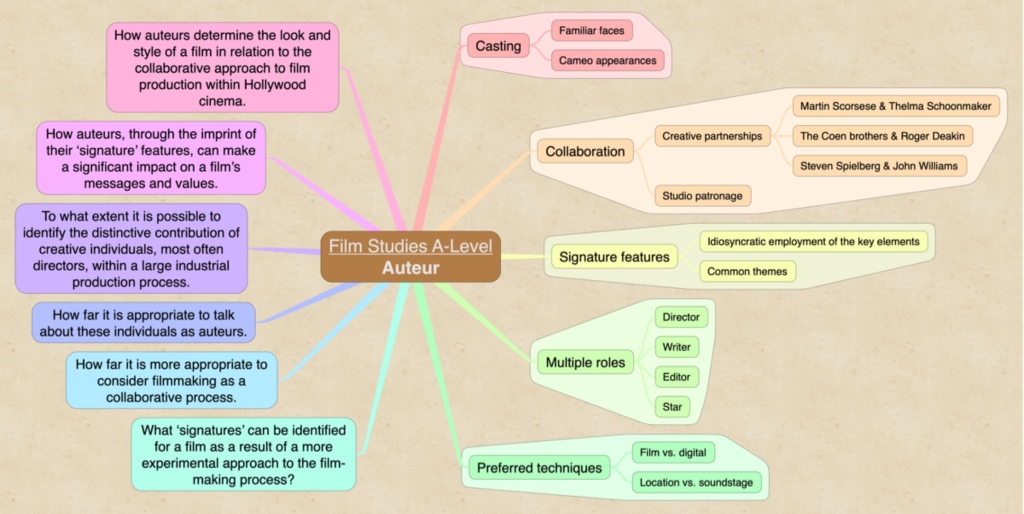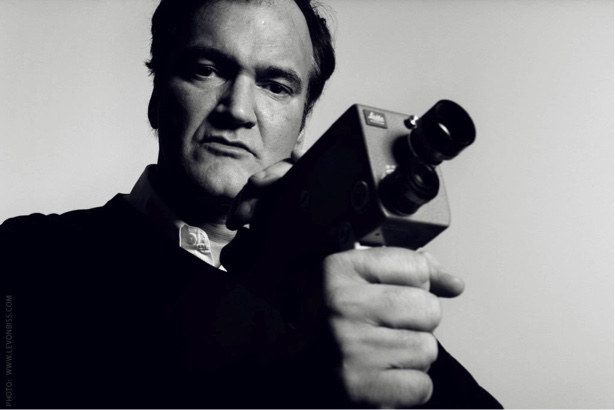Auteur: “An artist with a distinctive approach, usually a film director whose filmmaking control is so unbounded but personal that the director is likened to the “author” of the film, which thus manifests the directors unique style or thematic focus.”
The auteur theory began in the 1950s when Cahiers du Cinema began to hail certain directors as ‘auteur’ directors for having demonstrated particular artistic skill while working in a studio system. These early examples include Alfred Hitchcock and Orson Wells.
Auteur theory claims that the director holds complete creative control over the audio and visual aspects of the film, is more so the “author” than the writer of the screenplay. This is the concept of camera-pen. Fundamental elements such as camera placement, lighting, scene length, etc. convey the message of the film rather than the plot line. Supporters of the theory will also claim that the most cinematically successful films are those with an unmistakable sign of its director. Personal expression is key to being classed as an auteur, and an auteur director is more concerned with aesthetic/style and themes than structure and content, giving their films a signature flair. It may not have to be an artistic interpretation of the world, but rather an artistic vision or style specific to the director. A director can be considered an auteur for a distinct visual style, such as Wes Anderson, or for thematic interest, or or being considered an innovator in a specific genre, such as Ridley Scott, or experimenting with established conventions such as narrative, or another reason. Auteurship reinforces the ideal of individual perspective building upon conventions to build something new.
The theory has been criticised for not recognising the value and role of the various crew of a film or the social/cultural/production context or genre it was made in. It is more so the main vision of the director guiding the crew, but often the voice of the other people making the film can come through aswell as the directors. Many producers have been recognised for their own voice and vision influencing the voice. Scores, screenplays, etc. can be more recognisable, or combine to create the overall film, its style, etc. The author of the film can be more than just the director. Auteur theory is a policy. It is a theory used to identify, but is not a rule, the films quality does not depend on an authorial voice or who gave it that, but is used to understand whose personal creative voice influenced the film, even if the director is not the only factor in the films final image.


You must be logged in to post a comment.